Ascension – Letting Go and Opening Space for the New
May 24, 2022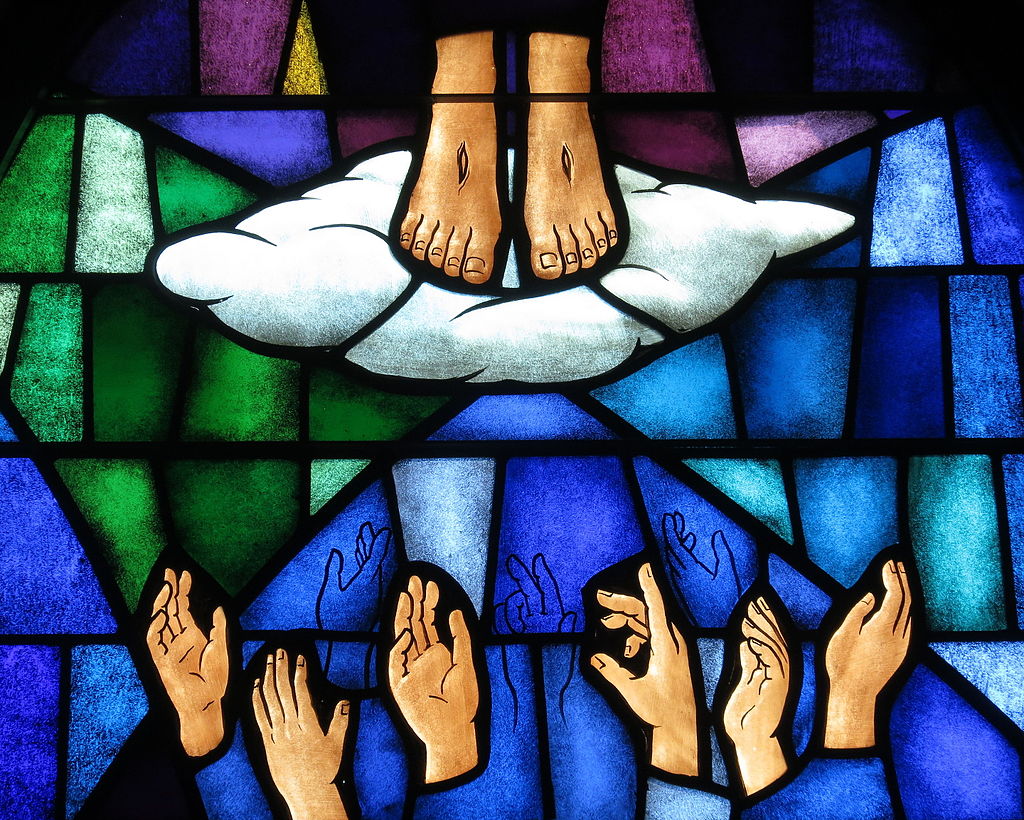
The Ascension occurred in the life of Jesus when he left his followers, 40 days after the Resurrection and returned to His Father in heaven. ‘Why now?’ the disciples could be thinking as He disappeared from their sight and left them with his command to go out to all the world and be like him and spread the gospel. How could they do it without Him? His ascending is a loss for them. He is absent, or so it seems.
Commemorating the 5th Anniversary of the Uluru Statement from the Heart
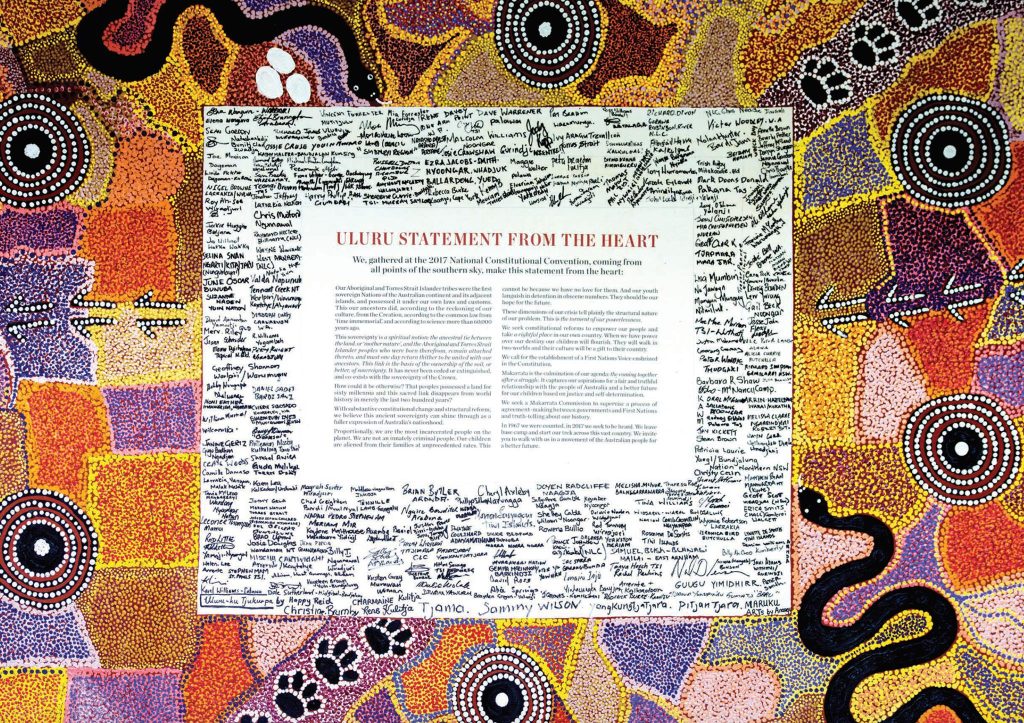
On 26 May 2022, we commemorate five years since the release of the Uluru Statement from the Heart and National Sorry Day. Additionally, from 27 May until 3 June, we commemorate National Reconciliation Week.
Josephine Gabrynowicz, a member of and on behalf of the Josephite SA (South Australian) Reconciliation Circle, has provided a response to the Uluru Statement from the Heart.
Laudato Si’ Week 2022: Explore – Embrace – Embody
May 16, 2022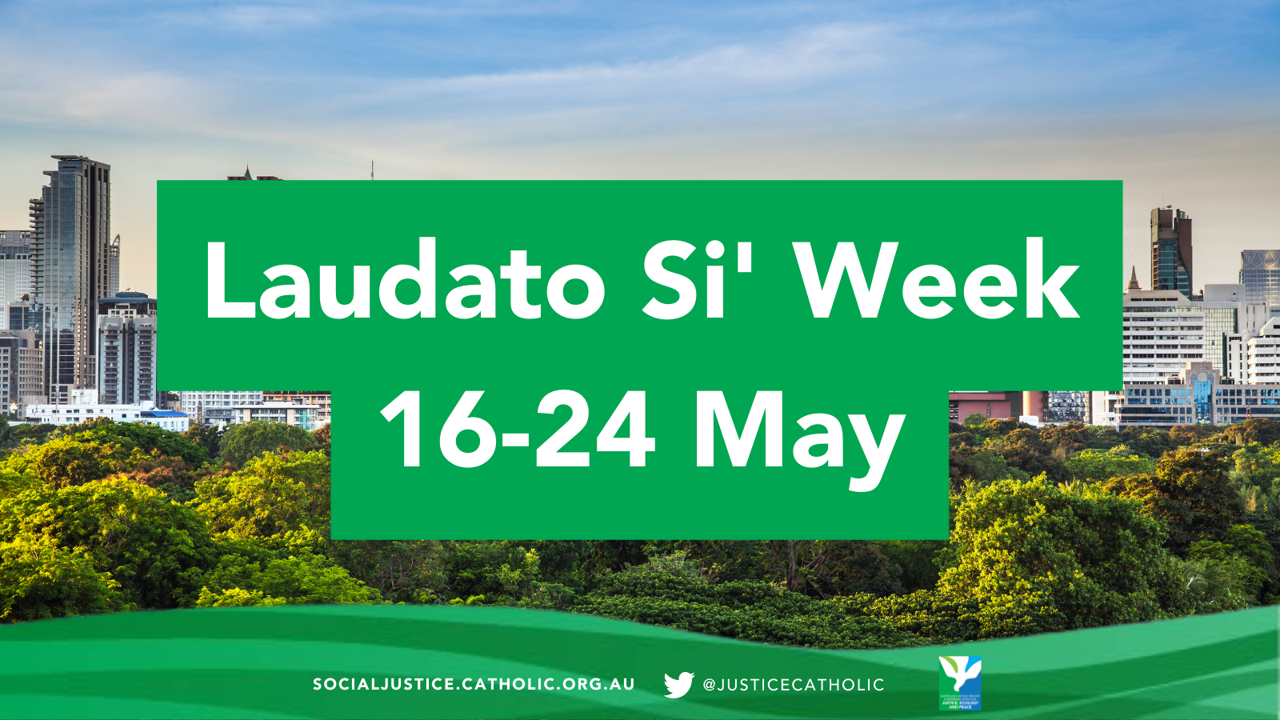
In Australia, 16-24 May 2022 has been set aside as Laudato Si’ Week by the Australian Catholic Bishops Conference. The week culminates on 24 May, the seventh anniversary of the publication of Pope Francis’ encyclical letter, Laudato Si’: On Care for Our Common Home.
Josephites have a long tradition of environmental and social awareness grounded in and inspired by the insights of our founders St Mary MacKillop and Fr Julian Tenison Woods, and have found deep resonances in Pope Francis’ letter.
During this week as we recall Pope Francis’ challenge to address the cry of Earth and the cry of people, we can draw inspiration from the writings of Fr Julian so clearly reflected in Laudato Si’.
Aussie Camino Experience
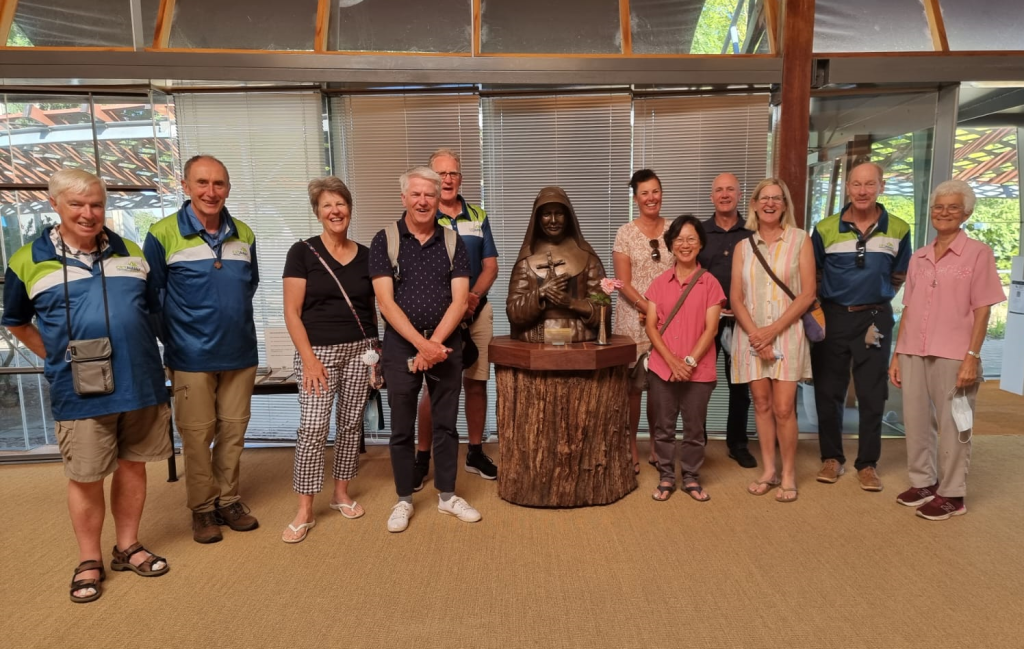
Jim Phelan recently completed the ‘Aussie Camino’ and shares his experience with us.
The Aussie Camino is a pilgrimage walk inspired by the life and journeys of Sisters of Saint Joseph founders St Mary MacKillop and Fr Julian Tenison Woods. It is an opportunity for participants to embark on a contemplative journey, visit scenic places, meet and connect with new people. The walk begins in Portland, Victoria and ends in Penola, South Australia covering over 150 kilometres.
There will be no such thing
May 6, 2022
Sr Mary-Ann shares a reflection on her favourite quote from Julian Tenison Woods.
Father Julian Tenison Woods’ writings are sprinkling with delightfully lyrical and sometimes pithy pieces. I find myself returning to words he penned in 1880:
Mother’s Day
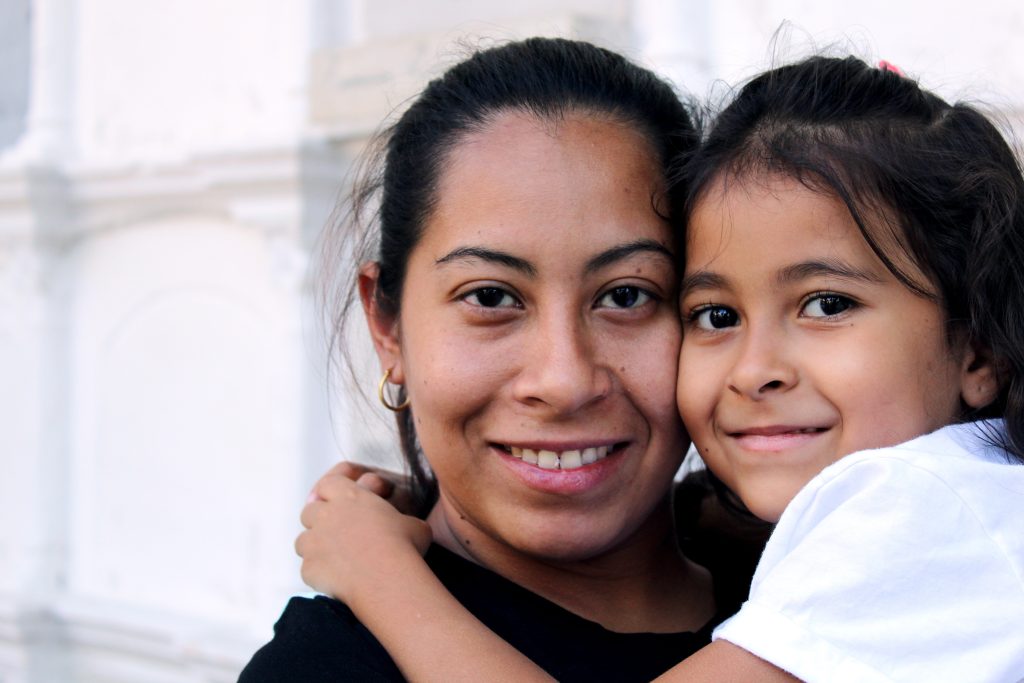
We all have some experience of being mothered and in some way we have all had some experience of mothering/fathering those for whom we have cared.
Mary MacKillop had very positive experiences of being mothered and had a very close relationship with Flora, her “own loved mother”. [1] We can look to their relationship to guide our own.
Remembering Mary MacKillop’s mother Flora
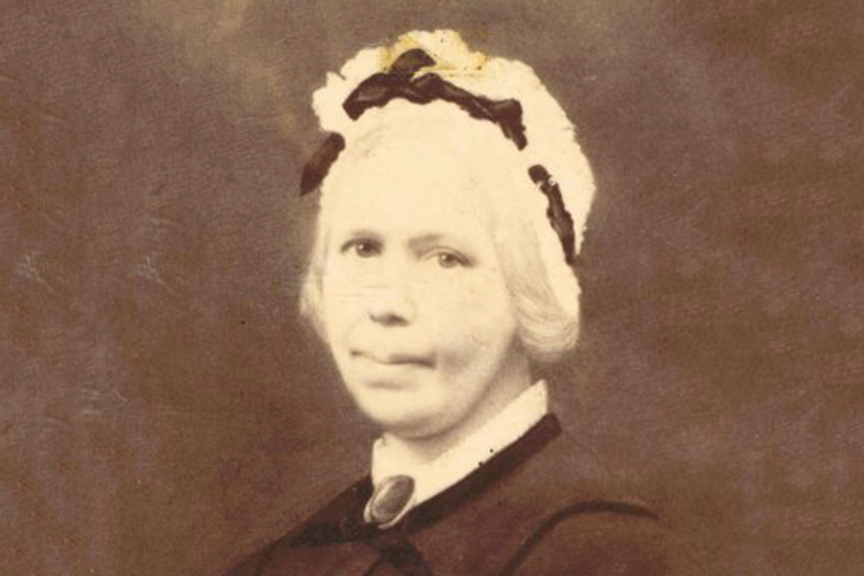
On Sunday 8 May, many families throughout our country will be celebrating the wonder and joy of experiencing motherhood and being mothered.
For others, Mother’s Day brings sadness and a sense of loss. In troubled places throughout the world mothers are separated from children, and children are living with the awful memory of losing their parents through massacre and war.
May Prayer Intention: Faith-filled young people
May – For Faith-Filled Young People video by The Pope Video.
Each month, Pope Francis asks for our prayers for a specific intention. For the month of May, the prayer intention is for faith-filled young people.
In an increasingly secular world, you often wonder if there are still many people of faith, especially young people of faith.
